A number of highly sensitive documents leaked to The Malta Independent on Sunday show how Bank of Valletta had authorised the opening of bank accounts for two security guards supposedly working at the ‘Tobruk’ Libyan embassy in Malta despite the fact that the individuals were unable to meet the bank’s regular due diligence requirements.
The information revealed last Sunday by this newsroom sent shockwaves through the banking system and in particular through the chairman’s office at BOV. In an attempt to silence this newsroom, Finance Minister Edward Scicluna labelled our article last Sunday exposing the situation at the bank as ‘irresponsible’ when addressing Parliament on Monday.
That first article in the ‘BOV Leaks’ series contained information passed on to this newspaper by a ‘whistleblower’ that shows how Bank of Valletta has been accepting business from Libyan nationals without carrying out the necessary customer due diligence legally required of financial institutions.
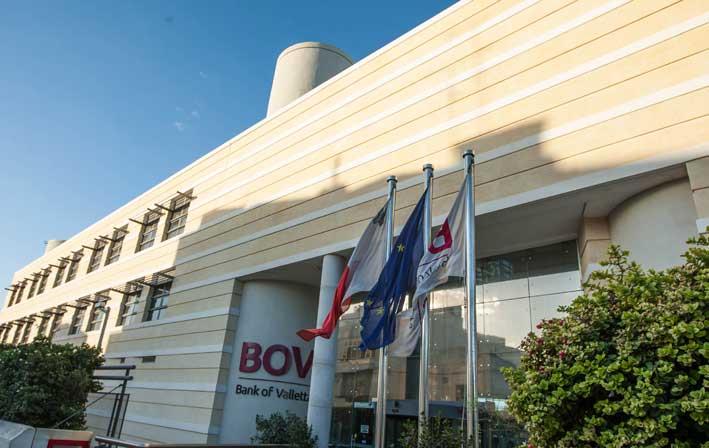
The Malta Independent on Sunday can today reveal that the authorities tasked with ensuring financial institutions adhere to the country’s anti-money laundering and terrorism funding laws expressed “serious concern” over the fact that the bank had consented to open accounts for two Libyan embassy security guards despite the fact that the two individuals were unable to satisfy the bank’s due diligence requirements in terms of the documentation normally required for such procedures.
The bank had, however, had gone ahead with the opening of the accounts on its assumption that the two were “bona fide embassy employees” and that the accounts would be used for “bona fide transactions”.
The authorities questioned whether such a decision had been taken in the context of any Risk Based Approach (RBA) in place by the bank, and they demanded a detailed explanation of the factors the bank took into consideration “as being sufficient to lower the risk so as to disregard certain customer due diligence requirements”. They also demanded a copy of the RBA being applied by the bank throughout the business for their scrutiny.
The authorities also asked the bank what documents, data or information from “reliable and independent sources” it had collected to ensure that the security guards were in actual fact bona fide embassy employees. Moreover, the authorities wanted to know the type of monitoring the bank had carried out to ensure the subsequent transactions being conducted were actually bona fide transactions.
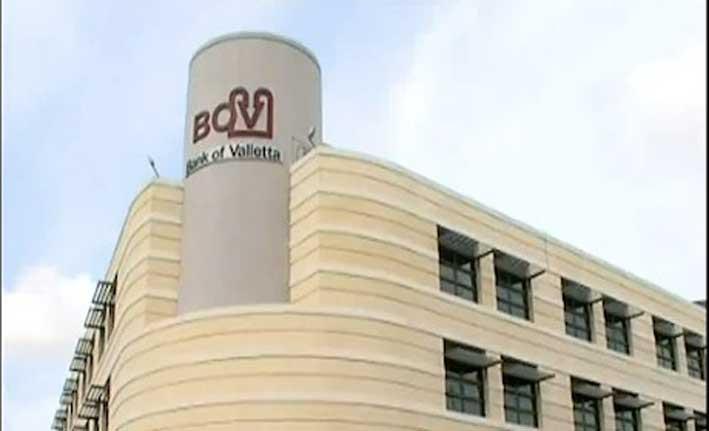
Further investigations by this newsroom revealed that the Libyan security guards had the support of a very high ranking BOV official. Sources told this newsroom that such transactions were so irregular, particularly in the wake of the fall of Gaddafi when Libya had descended into total chaos, that the matter was referred to the bank’s board of directors.
Furthermore, an internal investigation by the bank months after the bank accounts were opened showed that one of the Libyan security guards never made use of his BOV facilities in Malta, but, rather, in Turkey.
According to our sources, when BOV officials enquired with the Tobruk Embassy in Malta whether this individual even worked at the Maltese Embassy, they were politely told to stop asking questions.
The issue the authorities have taken with the opening of accounts for the Libyan security personnel is a separate matter to the wider concern that has been expressed, and such concern stretches into other aspects of the bank’s operations.
Documentation held by this newsroom clearly shows the Maltese authorities have been “extremely concerned” over the bank’s lax level of due diligence being applied in general to Libyans opening up accounts between at least 2013 and 2015.
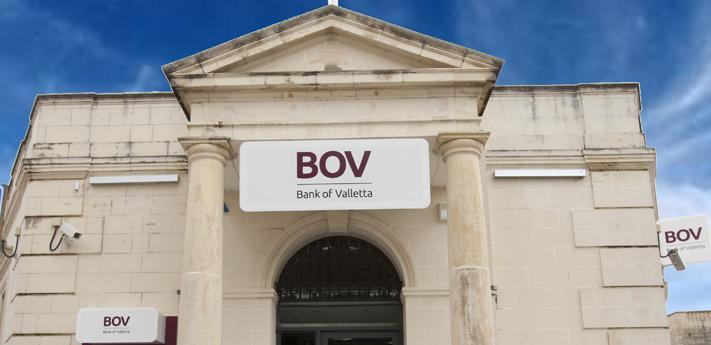
The documents also show how the bank’s officials had for at least two years been informing the authorities that its anti-money laundering and anti-terrorism funding obligations were being fully adhered to when, in fact, they were not.
Last Sunday this newsroom had reported how documentation in its possession evidences that the bank had been turning a blind eye toward its anti-money laundering and terrorism funding obligations so as to accept business from war-torn Libya.
In one of the documents in the possession of this newspaper, the bank’s own head of compliance informs the bank’s board of directors that when services are provided to Libyan nationals: “the CDD (Customer Due Diligence) being conducted is not the enhanced CDD required at law”.
According to that document, when opening accounts for Libyans, the bank is: “relying on bank references from Libyan banks where it is very unclear who is behind these banks today”.
Further documentation held by this newsroom shows Malta’s Financial Intelligence and Analysis Unit’s concern over the state of affairs.
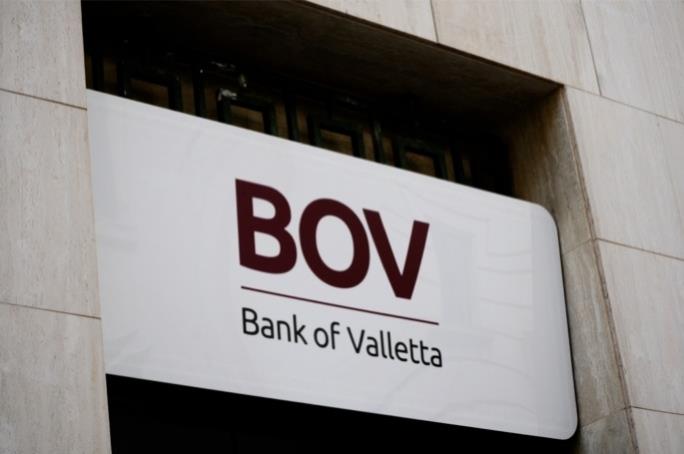
The FIAU notes in no uncertain terms that the situation is: “extremely serious and reveals that the bank has knowingly been in breach of its legal obligations under the Prevention of Money Laundering and Funding of Terrorism Regulations for a period of time, a position which runs counter to what had been stated by Bank officials during discussions held over the past two years.”
The FIAU also expresses “serious doubts on the adequacy of information being collected by the Bank on the source of funds (if at all), which we consider critical for the purposes of identifying suspicious transactions relating to money laundering or the funding of terrorism.”
The FIAU is the government agency tasked with the collection, collation, processing, analysis and dissemination of information with a view to combating money laundering and the funding of terrorism. It is also responsible for monitoring compliance with the relevant legislative provisions.
Its members are appointed by the finance minister and with a member each being selected from the offices of the Attorney General, the Governor of the Central Bank of Malta, the chairman of the Malta Financial Services Authority and the Commissioner of Police.
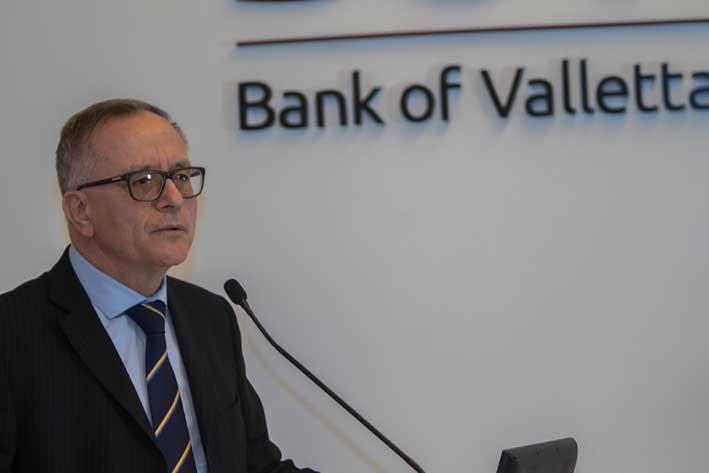
BOV replies
Earlier this week, BOV CEO Mario Mallia replied to last Sunday’s article, ‘Bank ignores money laundering and terrorism laws to accept Libyan business’. Mr Mallia’s reply is being carried in full and is as follows:
Bank of Valletta (BOV) refers to an article appearing in The Malta Independent on Sunday of 1 May 2016 alleging that the Bank has been accepting business from Libyan nationals without carrying out the necessary due diligence checks, that it was knowingly in breach of its legal obligations and that it intentionally concealed such breach from the relevant Maltese authorities.
BOV categorically denies that it has knowingly conducted itself in any unlawful manner or intentionally concealed any breach of law as alleged in that article. The Bank reiterates that it has the appropriate mechanisms and processes in place to comply with its anti-money laundering obligations. These processes and mechanisms are kept under constant review by the bank with the aim of enhancing those procedures and making them as robust as practicably possible. The volatility characterising the political scene in Libya has made the bank heighten the level of due diligence undertaken when accepting business from Libyan entities. The Bank’s processes ensure that no officer of the bank may “waive” or reduce the level of due diligence that is conducted in accepting any business. In recent months the Bank has further strengthened its client acceptance procedures by adopting an escalation procedure within the Bank where Libyan business is concerned. This procedure envisages that in certain instances decisions on accepting Libyan business can only be taken at the level of the board of directors, and this only after due confirmation that the due diligence process has been properly conducted.
The Bank confirms that it shall continue to keep its client acceptance procedures under constant review to ensure that they meet the requirements of local and EU regulation with respect to anti-money laundering. Surprisingly, the main complaints we receive nowadays are that our client acceptance procedures are too stringent and that we take too long to open bank accounts particularly for foreign nationals - or that we refuse to open accounts at all, and not that we waive due diligence requirements to open bank accounts.